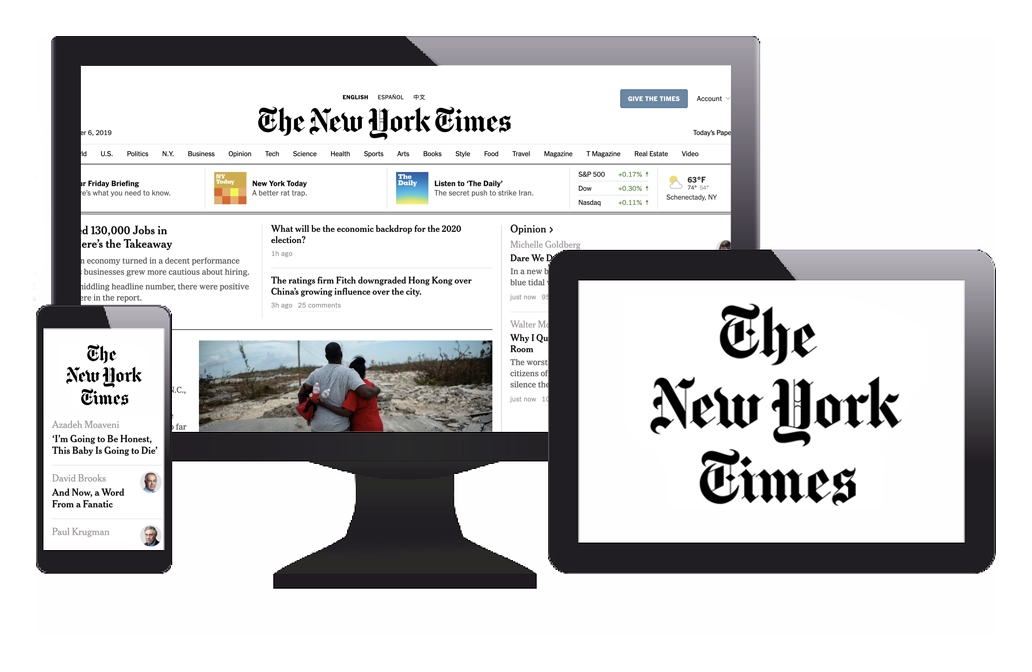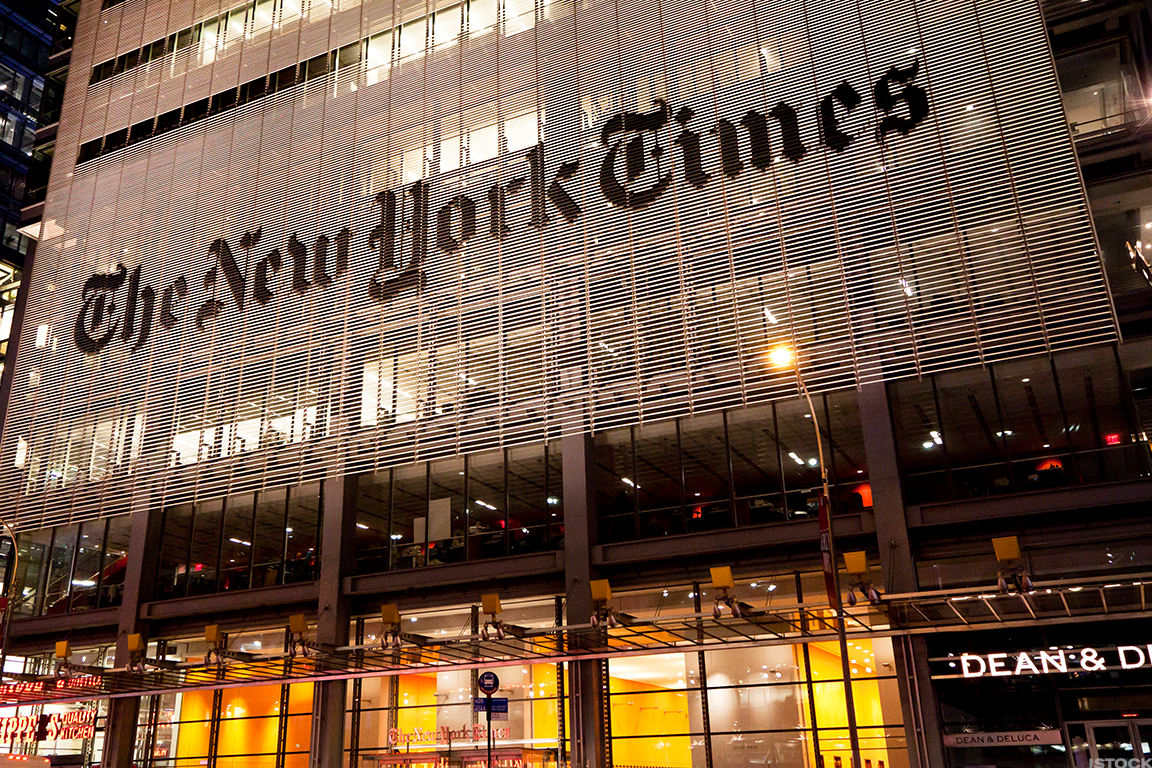

So, China has been good for you in your own journalism, but it’s been harder recently, with only two people from the NYT now able to work in mainland China.

You started off your international reporting career in China, and saw great highs with your first Pulitzer. Jane Barrett, Global Editor, Media News Strategy, Reuters, in conversation with Joseph Kahn, Executive Editor, NYT, at the World News Media Congress in Taipei, Taiwan. It’s a lot more to keep up with and a lot more to consume every day, but I’ve got a good staff and team. That has helped us reach more people who want to get the news told in different ways but also advance our journalistic product.

All done in a way that’s very labour intensive and collaborative.

It has become a big part of the job.Īdditionally, the evolution of the way we do visual storytelling – we don’t do the classic “press and play” video very much, instead incorporating video, visual storytelling and forensic video into our core report. Obviously, there are traditional incumbents in the space, but for us, audio has been the largest investment we’ve made in trying to translate more of what we do into the audio space. Particularly, because we are expanding what we do, not just in terms of the number of staff we have covering big stories, but the different types of media we are trying to develop as a way of reaching a much larger number of news consumers in whatever way they want to consume the news. So, it’s been a little bit more fun than I anticipated.įrom topics ranging from the war in Ukraine to illustrative data journalism, how do you stay on top of the report on a day-to-day basis, both geographically and in terms of the storytelling you’re doing? It’s not necessarily always beneficial to the world, but it’s good for the news media. You wake up every morning and there’s a new emergency somewhere in the world. So, the executive part of the job, actually, I’m able to delegate to some extent, and really focus on the core report. A good part of the job as you get to preside over the day-to-day kind of news report – our biggest storylines, what we’re doing to stay competitive on those stories, our distinctive or special contributions – is that people really look to the Executive Editor for leadership on that question. We have called the job Executive Editor, but actually on a day-to-day basis, it’s a bit of an inversion. In many ways, it felt like a different job, partly because of the structure we have. Joseph Kahn: I was the Managing Editor to the former Executive Editor for five years so I thought I had a pretty good sense of what the job was like because I was good partners with my former boss and felt like I would just slip into the new role and it would feel comfortable and familiar. Jane Barrett: What are the highlights of the last 12 months as Executive Editor at The New York Times? A year in, Kahn joined WAN-IFRA’s World News Media Congress in Taipei to reflect on the changes he has introduced, what lies ahead for the brand and what keeps him up at night.īelow is an edited conversation between Kahn and Jane Barrett, Global Editor, Media News Strategy, Reuters, UK. Joseph Kahn took over as Executive Editor of The New York Times in June 2022. What happens in its newsroom shapes editorial strategies globally. For many, The New York Times is the benchmark for journalistic excellence.


 0 kommentar(er)
0 kommentar(er)
